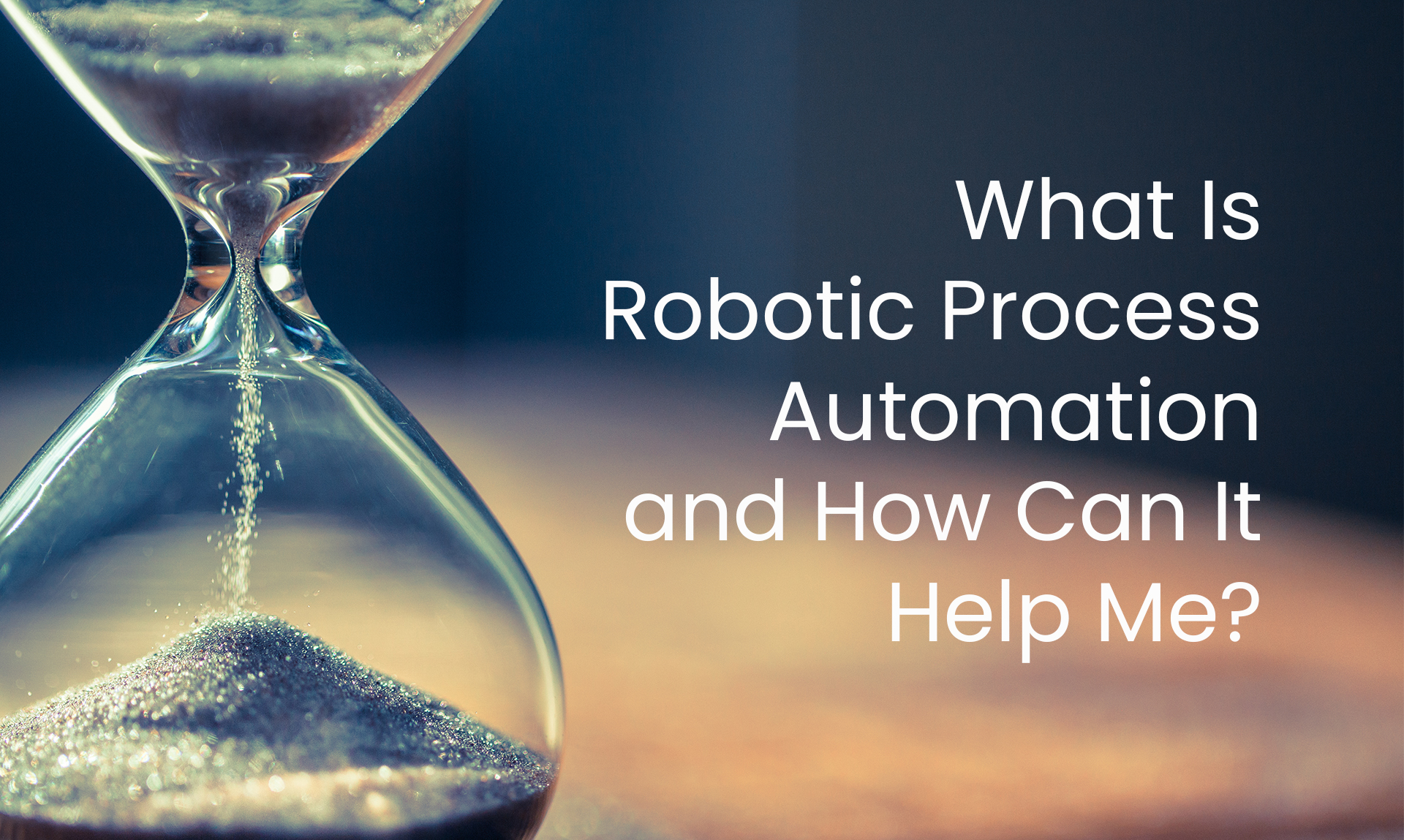Bharath Bangalore, Founder and Chief Epic Results Officer
at
Blue Ocean Strategic Partners
Four-minute read
For countless companies across the globe, the reality of workplace monotony is just that – monotonous. Day by day, week by week, and year by year, companies and their people struggle with the fatigue and disillusionment of a to-do list filled with colorless, repetitive tasks. I’m sure a few have already come to mind.
As companies struggle to identify the most effective and affordable ways to streamline existing processes, software robots wait eagerly to provide them with a clearer path toward a future of better-automated sequences and workflows.
That’s where the power of RPA technology comes into play.
What Is Robotic Process Automation (RPA)?
At its core, Robotic Process Automation (RPA) is any set of software tools that turns tedious tasks into automated sequences – robots designed to make the lives of you and your employees easier, one task (or a thousand) at a time.
Through robotic process automation, companies across industries benefit from the efficiency granted by an automated process designed to reduce costs and increase the productivity of your workflow tenfold. Over is the era of eight-hour workdays filled with data entry and time-keeping tasks; we’re making way for a future of automation with businesses, employees, and customers at the helm. Through RPA, your business can more effectively monitor and maintain robots capable of executing the key operations identified for you, by you.
The Power of RPA to Revolutionize Your Industry
There are countless reasons to invest in the RPA tools capable of revolutionizing your industry and how you approach your work. Through RPA implementation, every organization, from hospitality to technology to real estate, can leverage the many applications for robotic process automation.
Here are just a few of the areas where RPA software can automize existing systems, streamline processes, and allow your humans the freedom to focus on livelier, more fulfilling work:
- Human Resources, including employee onboarding and offboarding; benefits and payroll tracking; timekeeping; and earnings and deductions management.
- Financial Services, including account and vendor management; account and bank reconciliation; reporting; and financial planning and analysis.
- Information Technology, including database management; patch updates; log checking and alerts; system user onboarding; and PCI management.
But the benefits of RPA don’t stop at process automation; RPA software can completely change how businesses approach and adapt to industry issues on the macro level.

How RPA
Is Solving Industry Challenges
Thanks to a continuously adapting national economy, a significant challenge for employers across the country has been finding the talent to fill open positions – the problem lies in the repetitive, mundane workflow quality.
Professionals across industries are seeking their next opportunity, inspired by a job market encouraging workers and recent college graduates alike to aim higher when it comes to finding desirable, more fulfilling positions. Now more than ever, employees expect stimulating work and job satisfaction – not the numb, empty monotony of repetitive work.
Through RPA implementation, automated workflows allow organizations to offer prospective employees workflows that are better aligned to the professional goals of the next generation of workers.
How Can We Help?
As a company, your interests lie in the optimization of your business model, as well as the productivity (and happiness!) of your employees. At Blue Ocean, we get that. That’s why we’re committed to making a difference in what you do and how you work. Through a rules-based network of systems specifically designed to implement better time and cost savings measures, your organization can apply more time and resources to the areas of your business that matter most.
Reach out today to learn more about how our RPA and AI solutions can work for YOU (and not the other way around).

